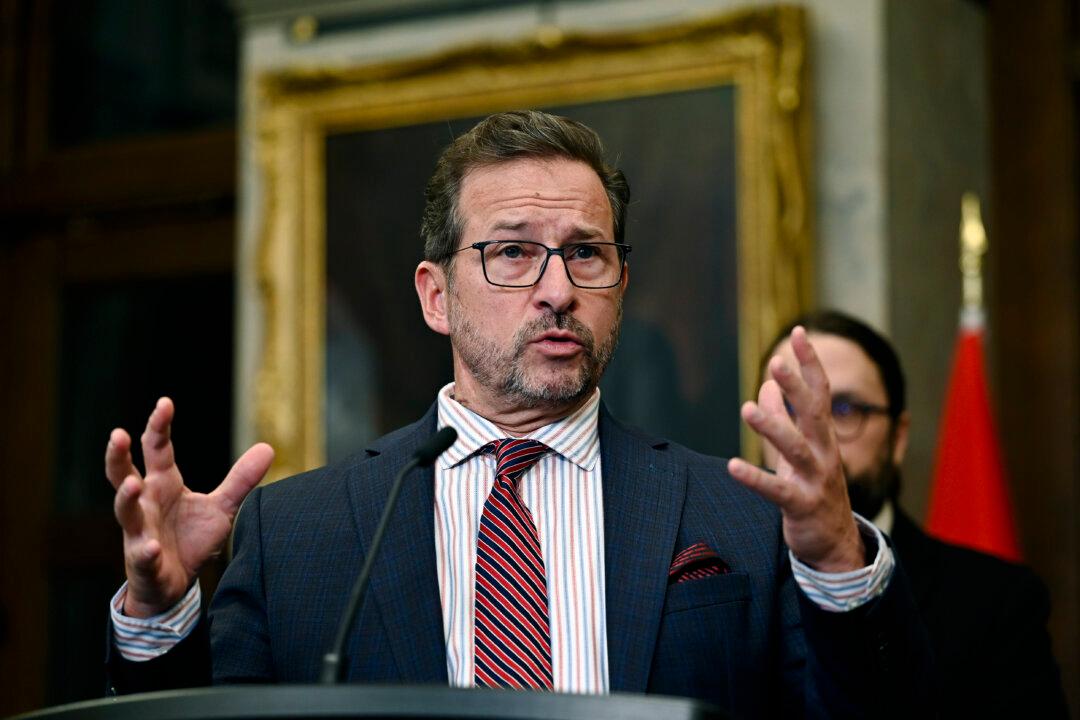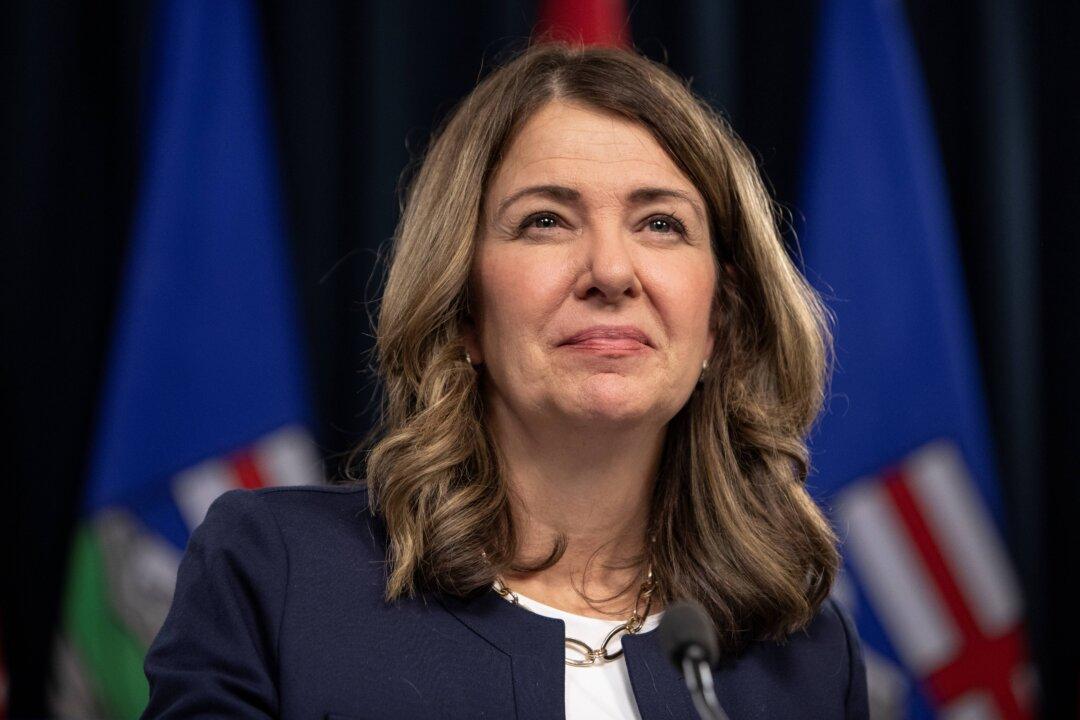With the NDP-Liberal agreement that kept the minority Trudeau government in power until 2025 ended, the Bloc Québécois now has more opportunities to make gains from the governing party in exchange for its support on confidence votes, as indicated by the Bloc’s leader.
Yves-Francois Blanchet has said his party will not vote in favour of a Conservative non-confidence motion next week to bring down the government, emphasizing that his party is “at the service of Quebecers.” He said an election held today would mean a majority Conservative government, which is not something he’s looking for. Instead, he said he wants to see what gains he can make from the Liberal government.





